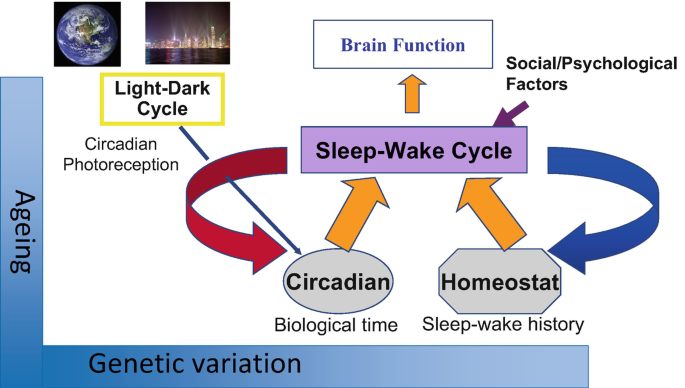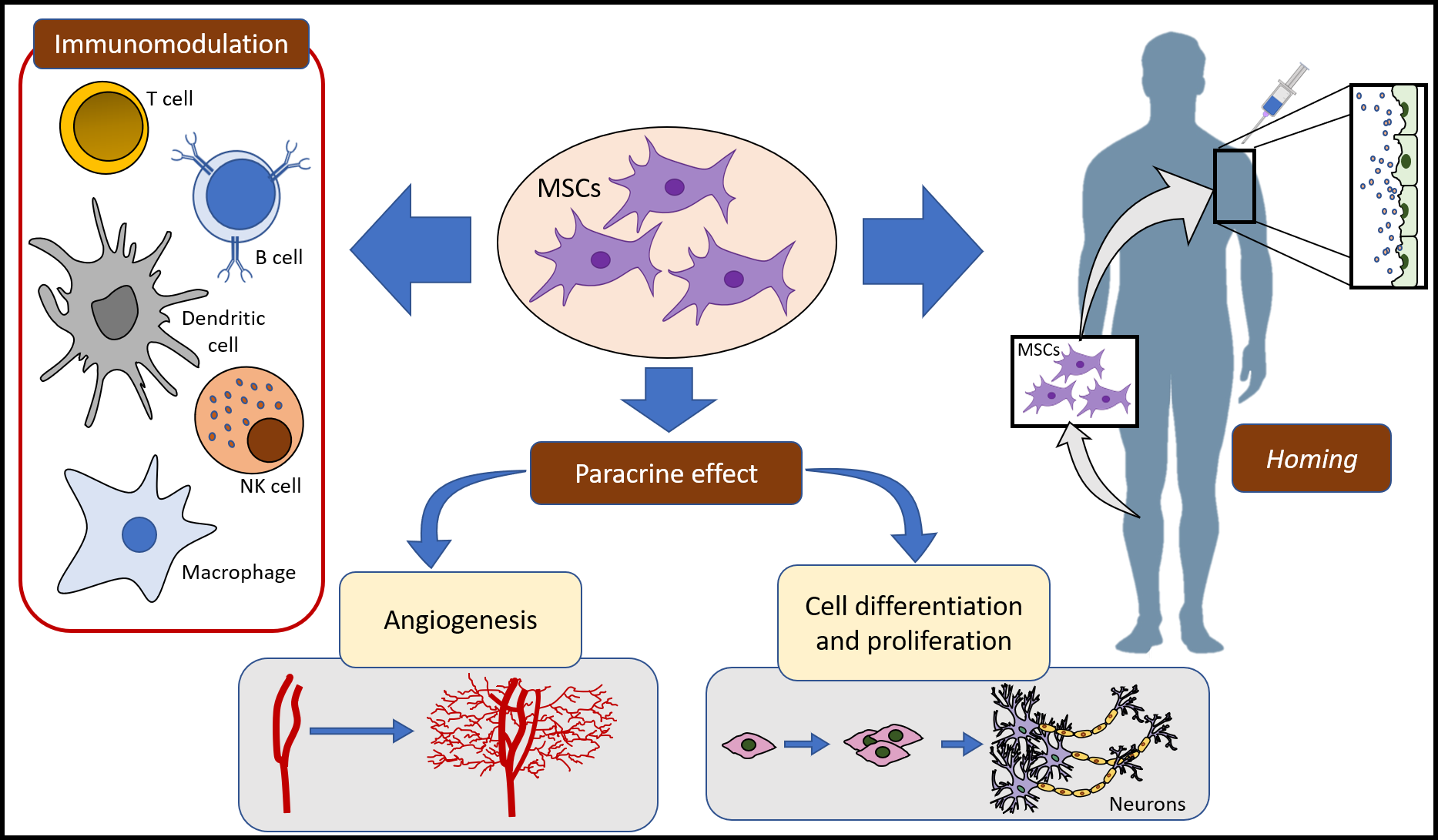Sleep plays a vital role in our overall well-being, affecting our physical health, cognitive function, and emotional well-being. Many factors can influence the quality and duration of our sleep, including our lifestyle, environment, and even our nutrient intake. One such nutrient that has gained attention in relation to sleep is vitamin D. In this article, we will explore the relationship between vitamin D and sleep, focusing on its impact on sleep quality and duration. We will discuss the potential effects of vitamin D deficiency on sleep patterns, its role in regulating the sleep-wake cycle, its association with sleep disorders, the link between vitamin D levels and sleep duration, and the potential mechanisms underlying these connections. By understanding the relationship between vitamin D and sleep, we can gain insights into how optimizing our vitamin D levels may contribute to better sleep and overall well-being.
1, Vitamin D deficiency and sleep problems.
There is some evidence to suggest a link between low levels of vitamin D and sleep problems. Vitamin D is a fat-soluble vitamin that plays a crucial role in various physiological processes, including sleep regulation.
Several studies have investigated the association between vitamin D deficiency and sleep disturbances. One study published in the Journal of Clinical Sleep Medicine in 2012 found that individuals with lower levels of vitamin D had a higher prevalence of sleep disorders, such as sleep apnea and insomnia. Another study published in the Journal of Clinical Endocrinology & Metabolism in 2014 reported that low levels of vitamin D were associated with an increased risk of sleep disorders, including sleep apnea, frequent waking during the night, and daytime sleepiness.
While the exact mechanisms behind this relationship are not fully understood, vitamin D is known to influence the production and release of certain neurotransmitters that regulate sleep. Vitamin D receptors are present in brain regions involved in sleep regulation, such as the hypothalamus. Vitamin D also plays a role in the synthesis of serotonin, a neurotransmitter involved in sleep-wake regulation.
It's important to note that while there is evidence suggesting a link between vitamin D deficiency and sleep problems, further research is needed to establish a definitive causal relationship. It's also worth mentioning that sleep problems can have multiple causes, and addressing other underlying factors, such as stress, lifestyle, and sleep hygiene, is also crucial for improving sleep quality.
If you suspect a vitamin D deficiency and are experiencing sleep disturbances, it's advisable to consult with a healthcare professional. They can evaluate your vitamin D levels through a blood test and provide appropriate guidance and treatment options if necessary.
2, Regulation of sleep-wake cycle.
While the circadian rhythm is primarily regulated by the master clock in the brain called the suprachiasmatic nucleus (SCN), there is some evidence suggesting that vitamin D may have an indirect influence on the circadian system.
Exposure to natural sunlight, particularly in the morning, helps regulate the circadian rhythm and promote healthy sleep-wake patterns. This is because sunlight, specifically the blue light component, suppresses the release of melatonin, a hormone that helps regulate sleep. When you're exposed to sunlight during the day, it helps signal to your body that it's daytime and promotes wakefulness. In contrast, when it's dark, the absence of sunlight signals the body to release melatonin, facilitating sleep.
Vitamin D, as mentioned earlier, is synthesized in the skin in response to sunlight exposure. Some studies have suggested that vitamin D may modulate the timing and strength of the circadian rhythm indirectly. It is thought that vitamin D receptors in the SCN and other areas of the brain involved in circadian regulation may play a role in this process.
However, it's important to note that the research on the specific role of vitamin D in circadian rhythm regulation is still in its early stages, and more studies are needed to fully understand the extent of its influence. Other factors, such as light exposure, social cues, and daily routines, also significantly impact the circadian rhythm.
To optimize your sleep-wake cycle and ensure healthy sleep, it's recommended to maintain a regular sleep schedule, expose yourself to natural sunlight during the day, and create a sleep-friendly environment by keeping your bedroom dark and cool at night. If you're experiencing persistent sleep problems, consulting with a healthcare professional can provide further guidance and support.
3, Vitamin D's impact on sleep disorders.
Vitamin D deficiency has been associated with an increased risk or worsening symptoms of certain sleep disorders, including sleep apnea and restless leg syndrome (RLS).
Sleep Apnea: Sleep apnea is a sleep disorder characterized by pauses in breathing or shallow breathing during sleep. One study published in the journal Sleep in 2012 found that individuals with low levels of vitamin D were more likely to have sleep apnea. Additionally, another study published in the journal Chest in 2017 reported that vitamin D deficiency was associated with more severe sleep apnea symptoms. However, it's worth noting that the exact mechanisms underlying this relationship are not fully understood and further research is needed to establish a causal link.
Restless Leg Syndrome (RLS): Restless leg syndrome is a neurological disorder characterized by an irresistible urge to move the legs, usually accompanied by uncomfortable sensations. Some studies have suggested a link between vitamin D deficiency and an increased risk of RLS or more severe symptoms. For example, a study published in the journal Sleep Medicine in 2014 found that lower vitamin D levels were associated with an increased prevalence and severity of RLS symptoms in older adults. However, more research is needed to better understand the relationship between vitamin D and RLS.
It's important to note that while there is evidence suggesting an association between vitamin D deficiency and these sleep disorders, the relationship is complex and can be influenced by various factors. Additionally, addressing other underlying factors contributing to sleep apnea or RLS, such as obesity or iron deficiency, is also important for effective management.
If you suspect you have sleep apnea, RLS, or any other sleep disorder, it is advisable to consult with a healthcare professional for a proper diagnosis and appropriate treatment options. They can assess your symptoms, conduct any necessary tests, and provide personalized guidance and treatment recommendations based on your specific situation.
4, Association with sleep duration.
Some studies have suggested an association between vitamin D levels and sleep duration. Higher levels of vitamin D have been correlated with longer sleep duration, while lower levels have been associated with shorter sleep duration.
For example, a study published in the journal Sleep in 2017 examined the relationship between vitamin D levels and sleep duration in a large sample of older men. The findings showed that higher vitamin D levels were associated with longer sleep duration, and lower levels were associated with shorter sleep duration. Another study published in PLOS ONE in 2013 found similar results, indicating that lower vitamin D levels were associated with shorter sleep duration in a sample of older women.
However, it's important to note that these studies show an association between vitamin D levels and sleep duration, but they do not establish causality. The exact mechanisms underlying this relationship are still unclear and require further research to better understand the connection.
It's worth noting that sleep duration is influenced by various factors, including individual differences, lifestyle, sleep disorders, and other health conditions. While vitamin D deficiency may be a contributing factor to shorter sleep duration in some cases, it's essential to consider other potential causes and factors that could impact sleep.
If you are experiencing persistent sleep problems or have concerns about your sleep duration, it is recommended to consult with a healthcare professional. They can evaluate your specific situation, consider multiple factors, and provide appropriate guidance and recommendations for improving sleep quality and duration.
5, Potential mechanisms.
While the exact mechanisms are not fully understood, there are several potential ways in which vitamin D may influence sleep.
Neurotransmitter Regulation: Vitamin D is involved in the synthesis and regulation of various neurotransmitters, including serotonin. Serotonin is a neurotransmitter that plays a crucial role in sleep-wake regulation and mood. Adequate levels of serotonin are necessary for the synthesis of melatonin, the hormone that helps regulate sleep. Vitamin D receptors are present in areas of the brain involved in the production and regulation of serotonin, suggesting that vitamin D may indirectly influence sleep through its impact on serotonin levels.
Anti-inflammatory Effects: Vitamin D has anti-inflammatory properties and plays a role in immune system regulation. Chronic inflammation has been linked to various sleep disorders, such as sleep apnea and insomnia. By reducing inflammation, vitamin D may help promote better sleep quality and reduce the risk of sleep disturbances.
Overall Health Promotion: Vitamin D is essential for overall health, including maintaining bone health, supporting immune function, and regulating calcium levels. Poor overall health and underlying medical conditions can contribute to sleep problems. By supporting overall health, vitamin D may indirectly impact sleep quality.
It's important to note that these potential mechanisms are based on current understanding and hypotheses, and further research is needed to establish the exact mechanisms by which vitamin D influences sleep.
If you suspect a vitamin D deficiency or have concerns about your sleep, it's advisable to consult with a healthcare professional. They can evaluate your vitamin D levels through a blood test and provide appropriate guidance and treatment options if necessary. Additionally, they can help assess other potential underlying factors contributing to sleep problems and develop a comprehensive approach to improve sleep quality.
The relationship between vitamin D and sleep is a fascinating area of research that continues to unfold. While it is clear that low levels of vitamin D are associated with sleep disturbances and various sleep disorders, further studies are needed to establish the causal relationship and understand the underlying mechanisms. Nonetheless, maintaining adequate vitamin D levels through exposure to sunlight, dietary sources, or supplementation appears to be important for promoting healthy sleep patterns. If you are experiencing sleep problems or suspect vitamin D deficiency, consulting a healthcare professional can help determine the appropriate course of action. Prioritizing good sleep hygiene, along with a balanced diet and regular exposure to sunlight, may contribute to optimal sleep quality and duration, supporting overall well-being. Remember, a good night's sleep is not just a luxury; it is an essential component of a healthy lifestyle.





Comments
Post a Comment